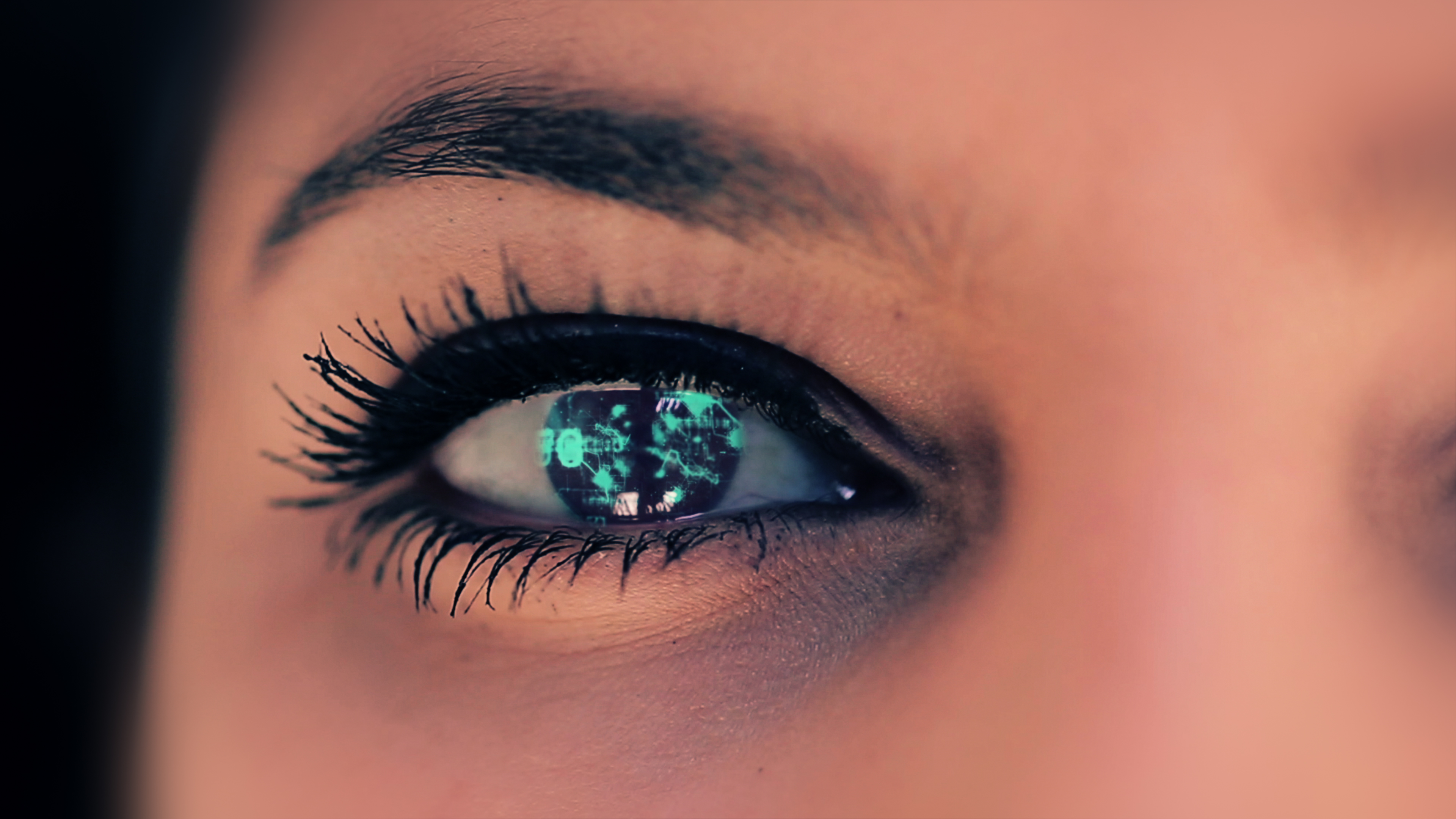
Parents will often tell children not to stare at the sun. This is good advice since permanent retinal damage occurs after staring for just a few minutes! This is called solar retinopathy. Lasers and very bright industrial lights can also damage the retina.
Since very bright lights can damage the retina quickly, can long-term exposure to moderately bright light cause retinal damage? The answer is maybe, and why not protect yourself against this possibility?
Research Findings on Bright Lights and Eye Damage
In the Chesapeake Bay Waterman Study, which analyzed fishermen exposed to bright light reflected off the water every day, blue light exposure was found to increase the risk of macular degeneration. This conclusion, while suggestive, is not definitive, since it is difficult to quantify light exposure in everyday life.
In experimental mice, bright light does cause permanent retinal damage. If the light has the intensity of sunlight, short exposure times can cause damage. If the light is not quite so bright, chronic exposure over days to weeks can cause permanent damage. This is thought to be due to what is called photo-oxidative damage; the light reacts with the retina to produce molecules that are very reactive and cause damage to surrounding molecules.
If light exposure is a risk factor for macular degeneration, then it would be expected that people with lighter-colored eyes, which let in more light, would have a higher risk. Indeed, African Americans have a much lower risk of macular degeneration than Caucasians. Some studies have suggested that people with blue eyes have the highest risk.
Some experimental mice and even a particular breed of dog have genetic mutations that make their retinas extremely sensitive to light; permanent retinal damage can be caused by light levels that would not harm animals with normal retinas. Analogously, people with macular degeneration, Stargardt disease, or retinitis pigmentosa may be more susceptible to retinal light damage than people with normal retinas.
How Can I Protect My Eyes from Bright Lights?
The simplest way to protect against possible retinal light damage is to wear sunglasses and a hat. The sunglasses should have a dark tint. If you hold the glasses up to a light, the light coming through the lenses should appear grey, brown, or yellowish brown—not blue, which is probably the most damaging light wavelength. If picking ready-made sunglasses in a store, choose the ones that transmit the least light (but only wear them if you can still see well enough). If ordering custom sunglasses, ask the optician for a very dark tint. Polarization will also decrease the amount of light coming through sunglasses and helps reduce glare. UV protection helps protect the lens inside the eye against cataracts. Since UV light is blocked by the lens inside the eye it is the visible light that can harm the retina.
Since it is thought that blue light can damage the retina, ophthalmologists can now offer blue-blocking lens implants when performing cataract surgery. While these may be helpful, the same effect can be achieved by wearing sunglasses.
Are Indoor Lights Damaging to the Eyes?
Could indoor lights be harmful? It is prudent to use the amount of light you need to read or perform activities of daily life, but there is no reason to exceed this amount with very bright lighting. When choosing light bulbs, those with the “warm” color spectrum, favoring reds and greens over the “cool” blues, are typically more comfortable for reading and may be safer. Energy-efficient LED bulbs come in warm or full spectrum varieties. As with most things in life, light is good, in moderation.
About BrightFocus Foundation
BrightFocus Foundation is a premier global nonprofit funder of research to defeat Alzheimer’s, macular degeneration, and glaucoma. Since its inception more than 50 years ago, BrightFocus and its flagship research programs—Alzheimer’s Disease Research, Macular Degeneration Research, and National Glaucoma Research—has awarded more than $300 million in research grants to scientists around the world, catalyzing thousands of scientific breakthroughs, life-enhancing treatments, and diagnostic tools. We also share the latest research findings, expert information, and resources to empower the millions impacted by these devastating diseases. Learn more at brightfocus.org.
Disclaimer: The information provided here is a public service of BrightFocus Foundation and is not intended to constitute medical advice. Please consult your physician for personalized medical, dietary, and/or exercise advice. Any medications or supplements should only be taken under medical supervision. BrightFocus Foundation does not endorse any medical products or therapies.
- Eye Health









